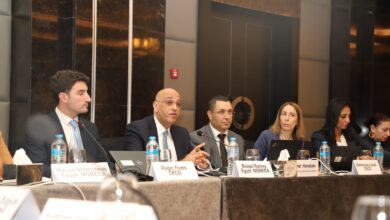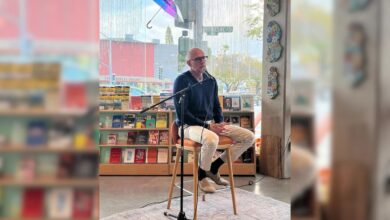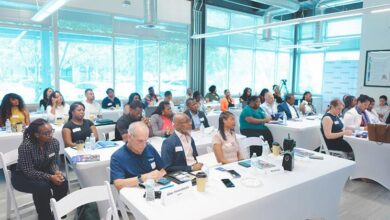Luke Burgis stirs entrepreneurship in young Catholics

Luke Burgis, a former Wall Street trader and Silicon Valley entrepreneur and a Catholic convert, now leads the Catholic Entrepreneurship and Design Experience (CEDE). The program aims to instill an entrepreneurial spirit in young Catholics, while adhering to the ethical teachings of their faith.
Burgis’ journey began at New York University before venturing into the world of finance at Wall Street, diving headfirst into the tech industry of Silicon Valley, and finally making a name for himself in Las Vegas. However, the thrill of success couldn’t fill the void he felt for something more profound; thus, he decided to return to his Catholic roots.
He developed unique entrepreneurial programs, inspired by his faith, which marked the beginning of a more fulfilling path. Established in 2020, CEDE offers business programs to a global audience and is housed at the Catholic University of America in Washington, D.C.
Through CEDE, Burgis aims to intertwine Catholic social teachings with entrepreneurship.
Fostering entrepreneurship among young Catholics
He focuses on instilling ethical responsibility and social awareness in business, creating a unique blueprint that defies conventional startup culture.
The entrepreneur is now planning a ten-week summer entrepreneurship program for high school students. The online course will guide students to start their businesses, adhering to the principles of Catholic social teachings. It inspires not only necessary business skills but also hopes to foster a commitment to positive social impact among young entrepreneurs.
As per Burgis, CEDE is about integrating faith into every aspect of the professional journey. The curriculum instils ethical decision-making skills in young entrepreneurs, preparing a generation of principled business leaders who can positively contribute to society.
Burgis believes that fostering entrepreneurial spirit among young Catholics will read a Church that is better prepared to confront future challenges. He suggests that a young, innovative demographic can evolve traditional Catholic doctrines and methods, breeding a more resilient and future-ready Catholic community.



